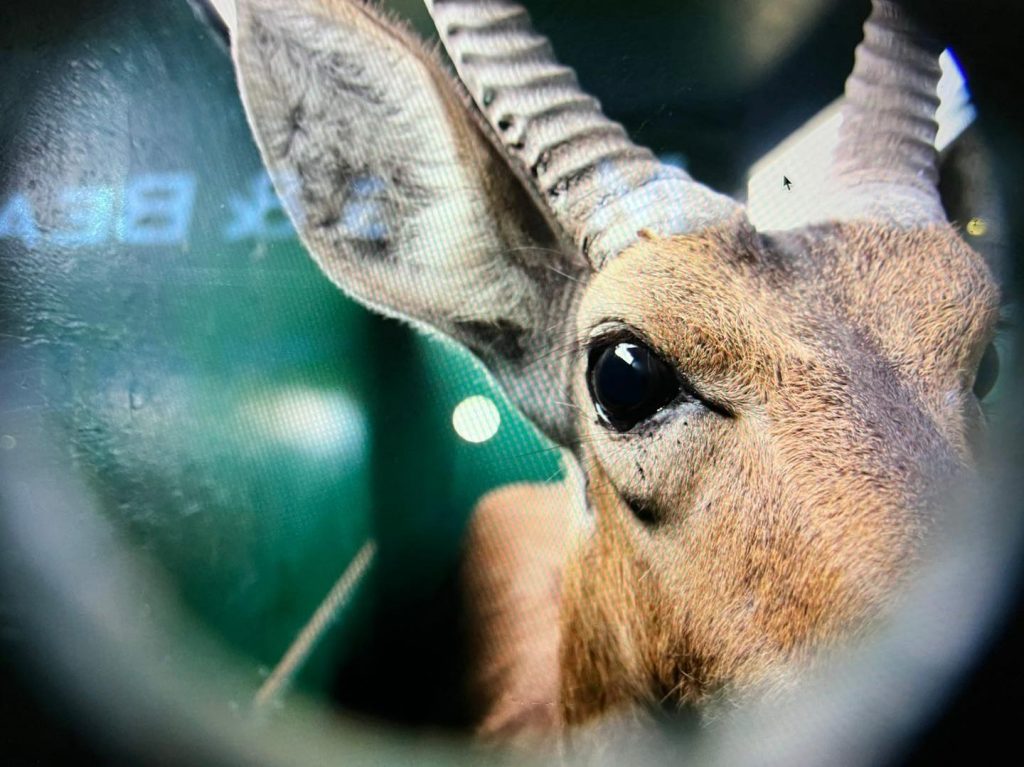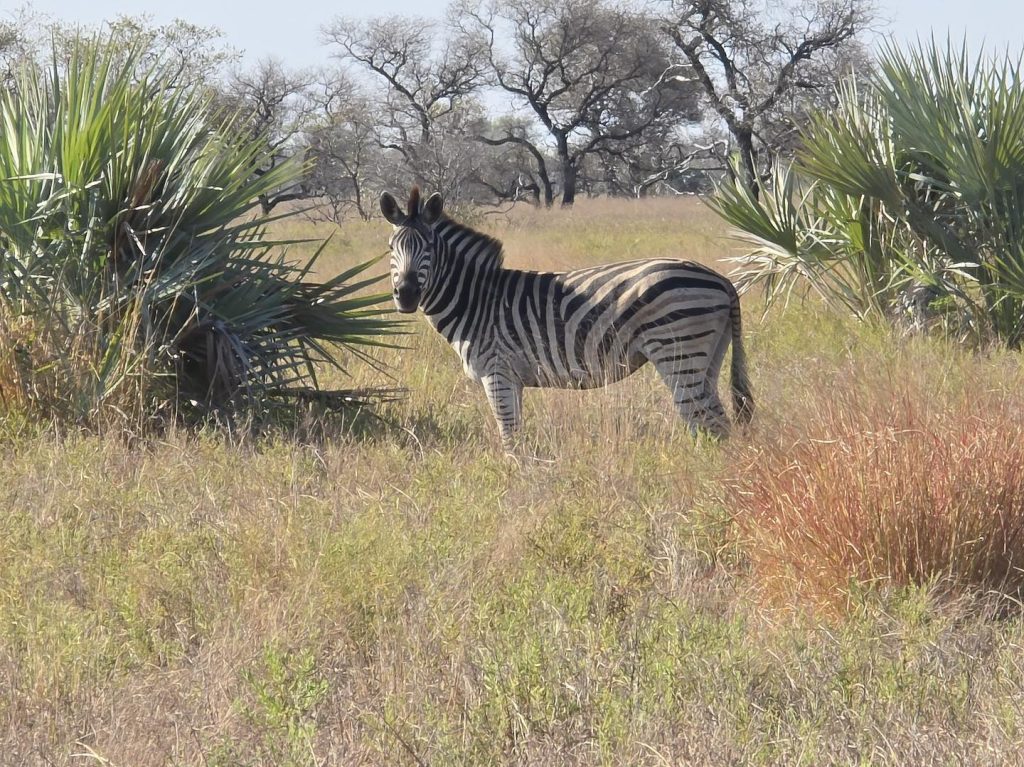Mozambique: Quelimane tops Africa’s bicycle-friendly cities ranking
Mozambique: Banhine National Park welcomes 385 animals from Maputo National Park – Photos

All photos: Parque Nacional de Banhine - Banhine National Park
Banhine National Park, in Gaza province, southern Mozambique, has received a total of 385 animals translocated from Maputo National Park, to re-establish the food chain and attract predators in that conservation area.
“Since 2018, ANAC [National Administration of Conservation Areas] and the Peace Parks Foundation have invested in infrastructure, ranger training, water management and community involvement, preparing the ground for this renaissance,” reads a note from the Banhine park, issued earlier this week.
According to the document, with the arrival of 385 animals from Maputo National Park, also in the south of the country, the protected area is experiencing a “historic moment” that marks a new chapter in its ecological restoration.
“Species such as zebras, impalas, roe deer and pivas will help re-establish the food chain and attract predators, boosting ecotourism and the recovery of the ecological balance,” it said.

With the support of the COmON Foundation, a charitable fund dedicated to the regeneration and reforestation of degraded areas around the world, and the Deutsche Postcode Lotterie, which raises money for good causes in Germany and other countries, Banhine reinforces its role as a biodiversity refuge and a vital link between the natural spaces of southern Africa, the park concluded in the note.


Created in 1973, during the colonial period, to protect biodiversity, Banhine National Park, located in the Chigubo district of Gaza province, stands out for its semi-arid savannah, home to ostriches, hippos and imposing baobab trees.
The park has faced threats such as ivory trafficking, illegal hunting and severe drought, which have significantly reduced some animal populations, and is currently recovering with the reintroduction of species and a commitment to ecotourism, offering accommodation and safaris for visitors.

On 13 July, the United Nations Educational, Scientific and Cultural Organisation (UNESCO) inscribed Maputo National Park on the World Heritage List.
The inscription was adopted during the 47th meeting of the organisation, which took place in Paris, with UNESCO highlighting that the park “includes terrestrial, coastal and marine ecosystems, and is home to almost five thousand species”.












Leave a Reply
Be the First to Comment!
You must be logged in to post a comment.
You must be logged in to post a comment.